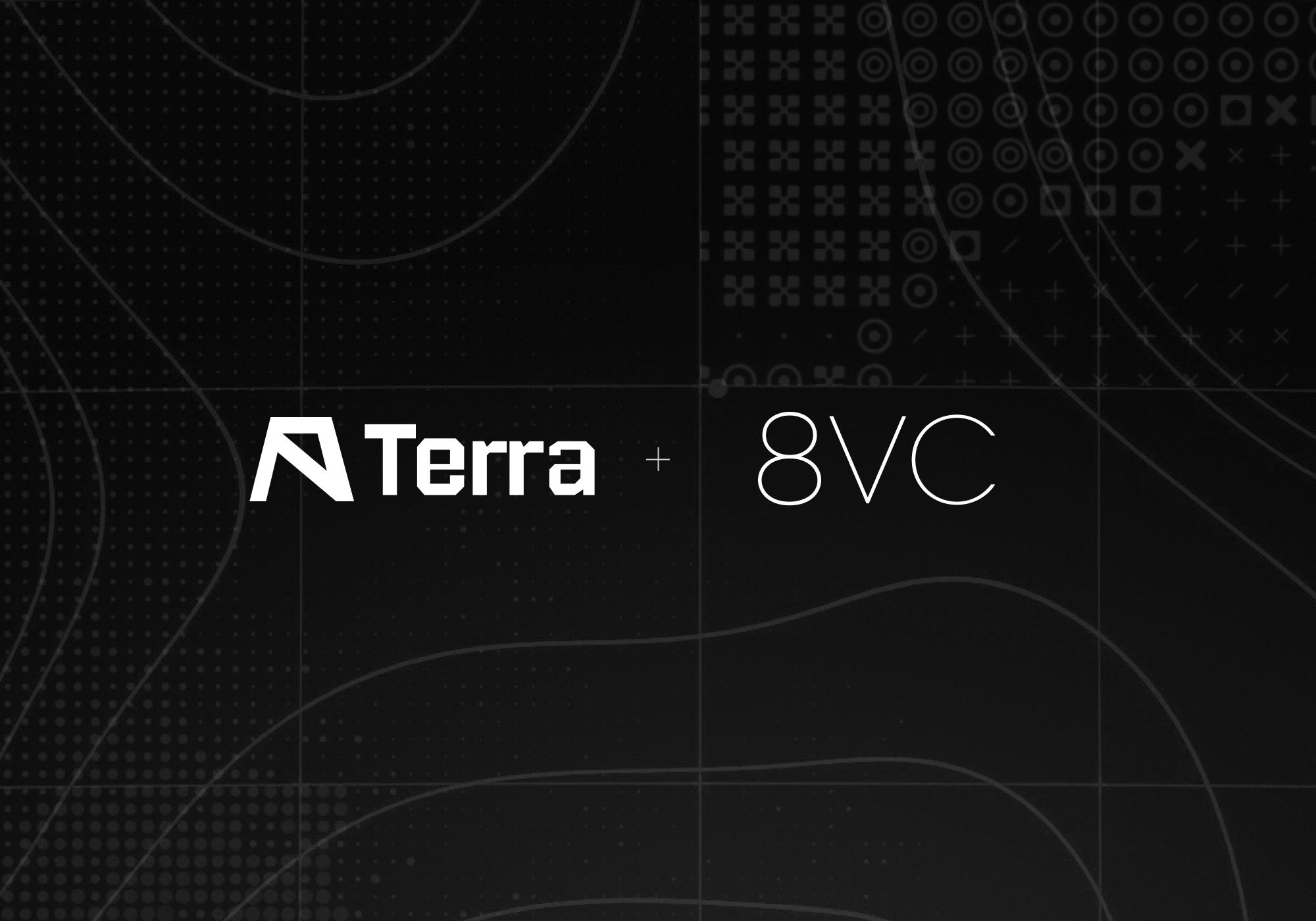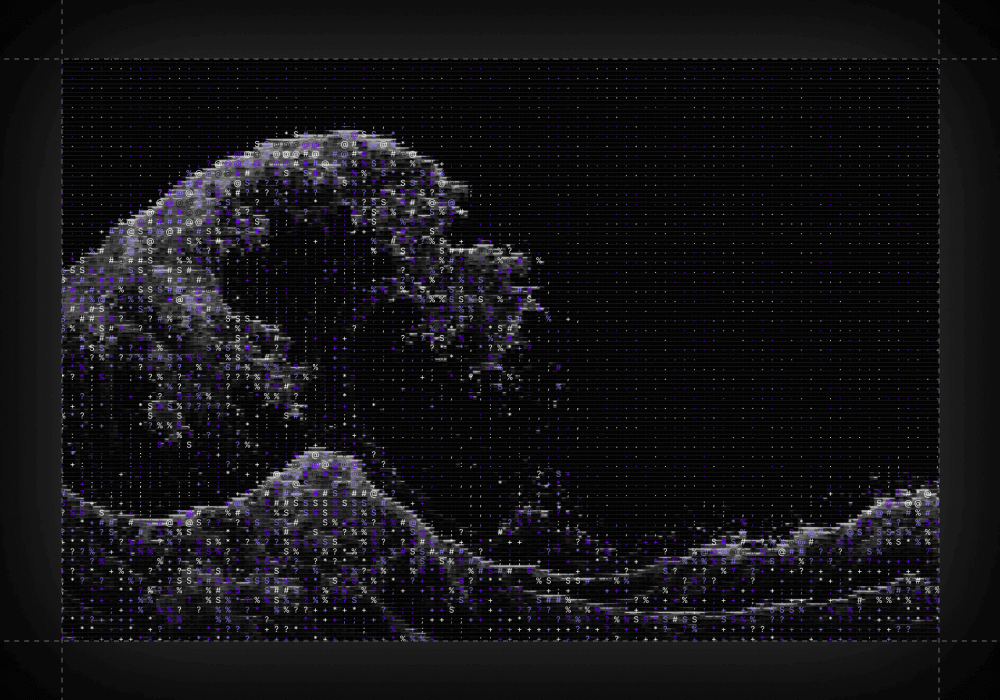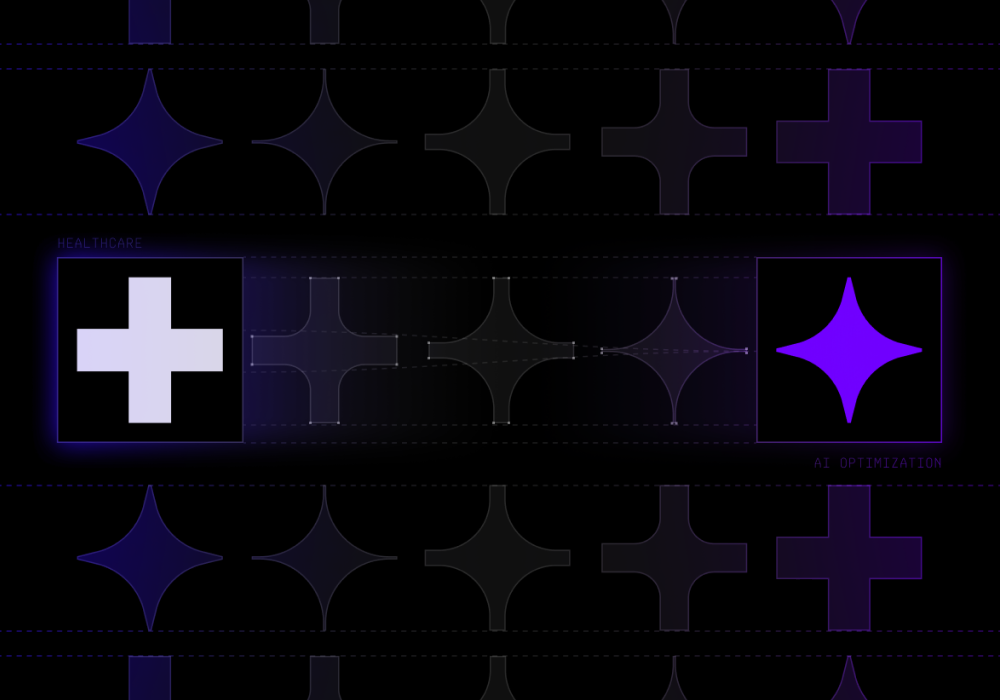Closer than They Appear: Spartan Radar & The Future of Automotive Safety

Share

Spartan Radar’s momentum continues to build following their Series B (led by 8VC and joined by strategics Microsoft and Wipro), with rapidly expanding partnerships and the addition of radar engineering authority Dr. Matt Markel as President. In this post, we explore how Spartan’s ambitious yet pragmatic approach delivers immediate safety upgrades to today’s automotive industry, while scaling to an autonomous future.
Spartan optimizes vehicle sensor data for safety and reliability. Their motto, “a better way to see the world”, hints at a foundational challenge, spanning conventional and autonomous driving, and everything in between. According to Automotive News, ~$75 billion has been invested in autonomous vehicle (AV) companies and suppliers. Yet truly autonomous driving remains distant, on top of disappointing revenues. Meanwhile, the advanced driver assistance systems (ADAS) market is projected to grow from $27.2 billion in 2021 to $74.9 billion by 2030, at a CAGR of 11.9% ADAS are also becoming ubiquitous, as governments around the world mandate features such as lane departure warning (LDW) and automatic emergency braking (AEB). By focusing on universal requirements, Spartan is both a force multiplier for current safety features and a launchpad for the future of radar.
Spartan’s novel, software-defined approach to radar delivers step changes in signal integrity, computational efficiency, and radar functionality to off-the-shelf sensors. On average, Spartan increases commodity radar resolution by 5x and object detection speed by 4x. This makes it competitive with expensive hardware such as lidar (which will be especially useful for AV use cases). Beyond immediate gains, these methods activate a virtuous cycle of operational improvement: deterministic algorithms can be validated in real time; updates are continuous and over-the-air, and over time, radar can become a blank slate for new applications.

Contextualization and focus are key to Spartan’s efficacy, just as they are for skilled human drivers. Nothing, human or machine, can process everything - it’s a matter of knowing what to process, not just how. For Spartan, this begins with a focus on a vehicle’s fellow moving objects, namely other vehicles and pedestrians, leading to best-in-class object separability, as well as the ability to rapidly shift focus. These capabilities enable specific radar modes, such as instant acceleration detection, which can enable AEB to kick in faster in scenarios where every millisecond counts.
Spartan works symbiotically with mass-market hardware and systems, thoroughly ingraining affordability into their approach. By enhancing current ADAS packages, such as AEB and parking assistance, they’re helping automotive companies accommodate regulators, performance requirements, and consumer expectations alike. By freeing advanced radar from the realm of fighter jets, Spartan is poised to save untold lives and property damage.
While Spartan expects to supply passenger vehicles by 2025, their commercial vehicle division is open for business. Customers include global Tier 1 automotive supplier Valeo, a truck manufacturing giant, major construction and mining OEMs, and one of the largest parcel fleets. Spartan is partnering with market leader Phillips Connect, layering radar and cameras to help Class 8 trucks and trailers eliminate blind spots, and longer term, implement telematics for such uses as insurance scorecards and accident reconstruction. Spartan is also the ADAS radar partner for Wipro’s Software Defined Vehicle platform, which debuted at CES 2023. Industries served by Spartan include passenger vehicles, trucking, delivery, mining, defense, and next-generation mobility.
Spartan represents a powerful twist on the innovation adoption curve, building systems at military spec for largely civilian use. Despite recent advances, US traffic fatalities hit an all-time low of 1.17 per 100,000,000 miles in 2014, ticking back up to 1.46 in 2020 and 1.50 in 2021. Spartan’s founders identified radar as the best hope for making more people safer in real-world conditions - and radar’s state of the art resides in defense and aerospace.
CEO Nathan Mintz, CTO Tyler Rather, and Chief Scientist Dr. Theagenis Abatzoglou combine decades of experience grappling with the toughest problems in radar, developing mission-critical systems for theater and space. As founding CEO of Epirus (an 8VC Build company), Nathan has helped transform an industry through software-defined innovation once already. Completing the founding team is CRO Blake Gasca, an entrepreneur with two exits in fleet telematics. Most recently, Spartan appointed Dr. Matt Markel as President. The former head of radar at Ghost Autonomy and Waymo, and author of Radar for Fully Autonomous Driving, Matt is one of the most influential minds in the field. This is an elite partnership, formed to help everyday people get from Point A to Point B safely.
Spartan’s recent Series B represents a strong vote of confidence in their growth, and we were joined by a stellar group of investors, including strategics Microsoft and Wipro along with Prime Movers Lab, MaC VC, AVG, and Gaingels. We’ve enjoyed a unique vantage point since the early days, as co-lead on Spartan’s seed round, and have backed Nathan from the beginning. For 8VC, Spartan exemplifies many key themes. They are proven winners who have succeeded in incredibly difficult arenas. They are using software to redefine classic hardware challenges. They are bringing positive-sum change to a vast industry, raising the game for everyone through safety, utility, and cost savings. They build dual-use technology that upends traditional distinctions, creating a broad platform for new possibilities.
Above all, Spartan is a stirring example of entrepreneurship for long-term economic and societal value, and we look forward to riding shotgun with them across all the frontiers to come.






.png)

.png)


